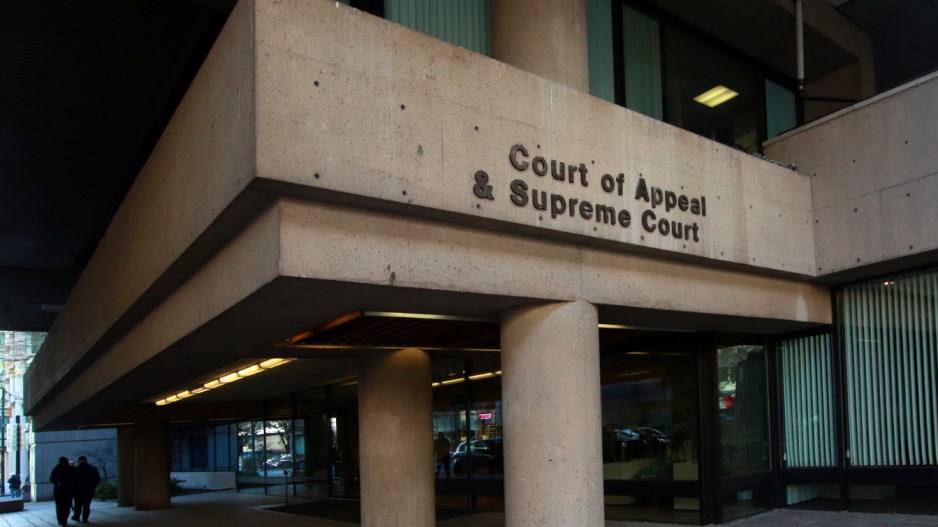A B.C. couple that engaged in a multi-million dollar penny stock manipulation scheme has had their bankruptcy application rejected by a B.C. Supreme Court judge on April 8.
Thalbinder (Thal) Poonian and Shailu (Sharon) Poonian had applied to discharge $25.2 million in debt, including $4.3 million in unpaid taxes. The Poonians also owe the B.C. Securities Commission $19.1 million for disgorgement and administrative penalties.
Master Bruce Elwood ruled that a discharge “would do little to advance the twin principles of rehabilitating the bankrupt and upholding the integrity of the bankruptcy system.”
He noted that the Minister of National Revenue and the BCSC argued the Poonians are “are unrepentant market manipulators and tax cheats” despite the couple submitting to he court they are “honest but unfortunate debtors.”
The commission’s ruling was not technically one of fraud, noted Elwood, but commission lawyers described it as “fraud adjacent.”
But the commission determined in a civil ruling in August, 2014, that the Poonians engaged in market manipulation contrary to the Securities Act resulting in a $7.1 million loss to investors who were both unsophisticated and vulnerable given their pre-existing financial distress.
“The Commission found,” stated Elwood, “that, together with a number of relatives, friends and acquaintances, the Poonians acquired a majority position in an oil and gas company called OSE Corp. (“OSE”), and then increased the price of the shares of OSE by various manipulations, including trades between themselves.
“As a result, OSE’s share price increased from $0.29 in November 2007 to $2.00 at the end of January 2008. Nothing else occurred around that time, the Commission found, to explain the price increase.
“The Commission found that the Poonians and their allies sold the overpriced OSE shares to unsophisticated investors with the assistance of an entity called the Phoenix Group. The Phoenix Group was in the business of advising people in debt on how to access funds from their RRSPs and retirement accounts in hopes of a higher rate of return.
“From October to December 2008, the price of OSE shares declined to $1.50, and then plunged to close on March 31, 2009, at $0.08.”
Thal was the mastermind, it was determined, as he arranged private placements to take a majority control of the company.
The Poonians were permanently banned from trading and engaging in the markets in 2015.
This resulted in their inability to earn income, they argued.
Thal drove a truck for a period of time but found he was unable to become a director of his new company as a result of the commission’s orders. He has been unemployed since 2016. Meanwhile, Sharon has been able to earn up to $50,000 working as a consultant with an extended family member.
In rejecting the Poonians’ application, Elwood considered not only how Poonian seemed unaccepting of the commission’s decisions but also how their tax situation was a result of their own doing.
“The substantial tax liabilities of the Poonians cannot be attributed to the failure of their trucking company, the reduction in their income earning potential following the Commission sanctions or any economic factor beyond their control. Their very large tax debts result from unreported income,” stated Elwood.
And, wrote Elwood, citing bankruptcy cases, “it has been said that ‘tax cheaters are free riders and should not be absolved of that’ through the bankruptcy process. A bankrupt who has gone into debt to the government because he or she did not properly report income is not an honest and unfortunate debtor.”
As such Elwood ruled against a discharge, be it absolute, conditional or suspended.
“A suspended discharge would not adequately respond to the public interest and rehabilitation concerns raised by the Commission and the Minister given the Poonians’ refusal to take responsibility for their actions,” he concluded.




